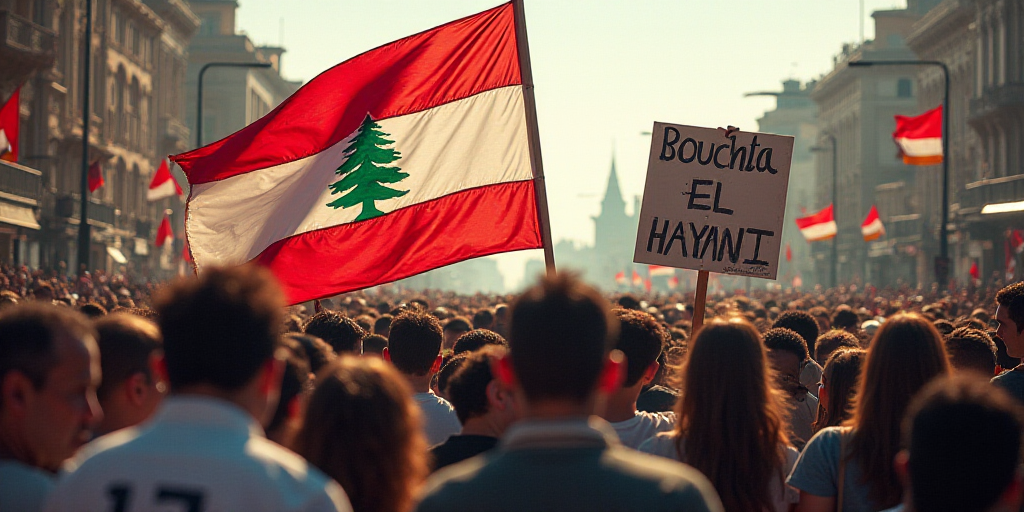Background and Context
The United Nations (UN) sanctions against Iran, which were lifted as part of the 2015 Joint Comprehensive Plan of Action (JCPOA), are set to return on Saturday night, barring any last-minute diplomatic breakthrough. The JCPOA, signed by Iran and the five permanent members of the UN Security Council—China, the United States, France, the United Kingdom, and Russia—along with Germany and the European Union, allowed the UN to lift international sanctions against Iran in exchange for restrictions on its nuclear program.
The Snapback Mechanism
On August 28, the E3 (Germany, France, and the United Kingdom) requested a “snapback” mechanism due to Iran’s alleged failure to meet its obligations under the agreement. This mechanism reactivates UN resolutions, but practical implementation requires member states to update their laws to comply with these resolutions.
Who and What are Targeted by the Sanctions?
The sanctions target companies, entities, and individuals who directly or indirectly contribute to Iran’s nuclear program or ballistic missile development, whether by supplying necessary equipment, technical knowledge, or funding.
- Sectors affected: The sanctions include an embargo on conventional arms, prohibiting all sales or transfers of weapons to Iran.
- Restricted activities: Import, export, or transfer of parts, goods, and technology related to Iran’s nuclear and ballistic missile programs.
- Asset freezing: Freezing assets of entities and individuals abroad linked to Iran’s nuclear programs.
- Travel restrictions: Barring entry and transit of designated individuals within UN member states for engaging in prohibited activities.
- Financial restrictions: Limiting banking and financial activities that could aid Iran’s nuclear or ballistic missile programs.
Additional Measures by the European Union
The European Union has adopted its own measures, expanding and implementing UN Security Council resolutions. These measures aim to directly impact Iran’s economy, not only hindering nuclear activities but also imposing economic costs on Iran’s leadership to alter its nuclear proliferation behavior.
Why are these sanctions in place?
Western powers fear Iran’s acquisition of nuclear weapons, which Iran strongly denies while asserting its right to a civilian nuclear program. Following the US withdrawal from the 2015 agreement during President Donald Trump’s first term (2017-2021), the US imposed its own sanctions, including those prohibiting other countries from purchasing Iranian oil.
Enforcement and Compliance
While UN Security Council resolutions and sanctions are legally binding, they are frequently disregarded. The main question is whether countries like China and Russia, who view the snapback activation as illegal, will enforce measures against Iran.
- China and Russia: Both countries have continued trade with Iran despite US sanctions reinstated after the US withdrawal from the JCPOA in 2018.
- European anticipation: European powers expect Russia to not comply with sanctions, but they are uncertain about China’s response, given its significant oil imports from Iran.
“Evading sanctions has political and economic costs, as financial transactions become more expensive,” noted Clément Therme, a research associate at the French National Centre for Scientific Research’s Institute for Iranian Studies at the Sorbonne University.






